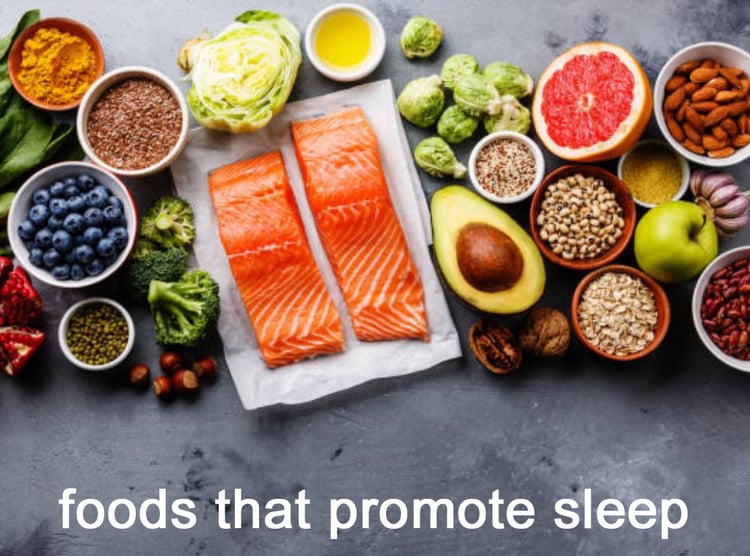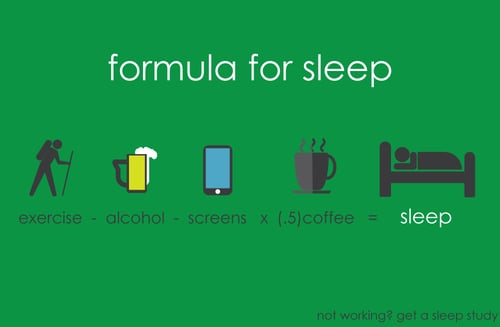
In a recent survey conducted by Consumer Reports, it was found that up to 68% of Americans experience difficulty falling or staying asleep at least once a week. The prevalence of sleep disturbances can be attributed to various factors such as late work nights and frequent exposure to electronic screens, contributing to a growing number of individuals struggling with insufficient sleep.
While there are several reasons for staying awake beyond the recommended bedtime, prioritizing steps to improve sleep quality bears numerous established health benefits. Adhering to the recommended 7-9 hours of sleep per night for adults has been shown to promote the mending and maintenance of heart and blood vessels, thereby reducing the risk of developing cardiovascular ailments, kidney disease, hypertension, diabetes, and stroke. Furthermore, adequate sleep fosters heightened concentration, productivity, athletic performance, metabolic functionality, immune system efficacy, and overall well-being.
Given the fast-paced and distracting nature of modern society, the question arises as to how one might advance sleep quality. One promising avenue involves the careful selection of dietary choices. By eliminating certain foods and incorporating more sleep-promoting nourishment into one's diet, individuals can nurture their body's innate capacity to attain and sustain restful sleep on a consistent basis.
Foods to Avoid
Caffeine: When caffeine is consumed too close to bedtime, it stimulates your central nervous system and causes you to stay awake. Although people react differently to caffeine consumption, drinking a cup of coffee during nighttime hours will decrease the chances of achieving a healthy bedtime for anyone. Avoiding caffeine after the morning is the best way to guarantee the possibility of falling and staying asleep.
Alcohol: Consuming alcohol of any kind, be it a bottle of beer or a glass of wine, has been shown to negatively impact quality of sleep. This is because alcohol quickly metabolizes in your system and leads to many nighttime awakenings. In addition to forcing you to wake multiple times at night, it increases your chances of snoring which can lead to further wakings for both yourself and your bed partner.
Fatty Foods: Meals high in saturated fats can disrupt your sleep. This is because fat stimulates acid production in the stomach, leading to heartburn. High-fat foods can also relax the lower esophageal sphincter, causing acid to leak and causing discomfort.
 Reducing alcohol and coffee are part of the "get more sleep" formula
Reducing alcohol and coffee are part of the "get more sleep" formula
Foods to Consume
Herbal Teas: Various types of herbal teas designed for bedtime have been proven to have a positive impact on sleep quality. Leading tea brands offer a range of caffeine-free options infused with natural herbs known for their sleep-inducing and anxiety-reducing properties. Ingredients like chamomile, valerian, lavender, ginger, peppermint, and lemon balm work together to create a soothing effect on the body, promoting a relaxed state conducive to a restful night's sleep.
Nuts: While the unhealthy, saturated fats in a bacon cheeseburger can disrupt sleep, the heart-healthy fats in nuts can actually promote deep sleep. Almonds and walnuts, in particular, contain melatonin, a hormone that regulates the sleep-wake cycle. Consuming these nuts regularly can help regulate sleep patterns over time by increasing melatonin levels in the blood.
Warm Milk: Milk contains the amino acid tryptophan, which has been shown to induce sleep. It also contains small amounts of melatonin. However, the most powerful aspect of warm milk is the psychological link many people have between drinking warm milk before bedtime and falling asleep, which often stems from childhood. Incorporating warm milk into the bedtime routine has proven to be an effective method for many in promoting falling and staying asleep.
Cottage Cheese: Cottage cheese, high in lean protein, is an excellent food to include in your diet if you're trying to improve sleep. This is because it contains tryptophan, just like milk. Additionally, it increases serotonin levels, which can help you achieve more sustained sleep throughout the night.
Fruits: Many fruits contain melatonin and can help you achieve deep sleep. The fruits known to contain the highest levels of melatonin are cherries, bananas, pineapples, and oranges. By drinking tart cherry juice or including other high-melatonin fruits in your after-dinner routine, you may be able to fall asleep faster and wake up less often during the night.
Seeking Additional Help
If you find yourself suffering from sleep problems after cutting out caffeine, alcohol, and fatty foods while increasing sleep-promoting foods, you may be suffering from a sleep disorder that only can be treated by a sleep professional. At the Anchorage Sleep Center, you can contact us online and send a message to make your first appointment so that you can achieve continuous, healthy sleep.

